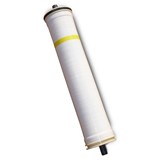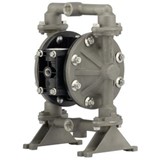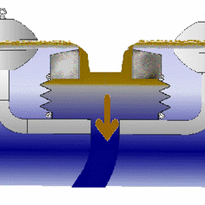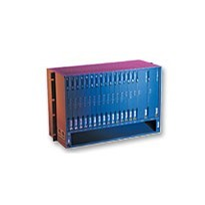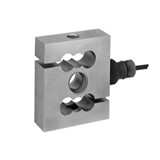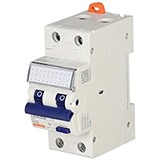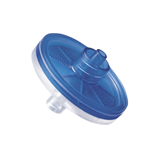This can lead to overheating of cables, motors and transformers, damage to sensitive equipment, tripping of circuit breakers and blowing of fuses as well as premature aging of the installation.
ABB modular PQF active filters provide a reliable and cost-effective solution to this problem by continuously monitoring the current in real time to determine what harmonics are present and then injecting harmonic currents in the network with exactly the opposite phase to the components that are to be filtered. The two harmonics effectively cancel each other out so that the feeding transformer sees a clean sine wave.
Electrical networks with poor power quality result in financial loss, environmental impacts or safety concerns. There are three significant causes of poor power quality; Harmonic pollution, load imbalances resulting in voltage imbalance, and reactive power.
These conditions, when excessive, lead to frequent equipment failures or reduced lifetime of the equipment, production losses, reduced safety levels of installations, increased carbon footprint, noncompliance with utility regulations and other undesired effects.
In addition to financial losses there are costs incurred due to extra kWh losses in typical network components such as transformers, cables and motors. These losses are cascaded back to the utility power plants and, depending on the process and fuel from which the electrical power is generated, result in increased CO2 emissions. Nuclear power plants, for example, have almost no CO2 footprint per kWh while coal power plants generate around 900 to 1,000 g/kWh.
Keep reading 'Actively Improving Quality' on the ABB website



